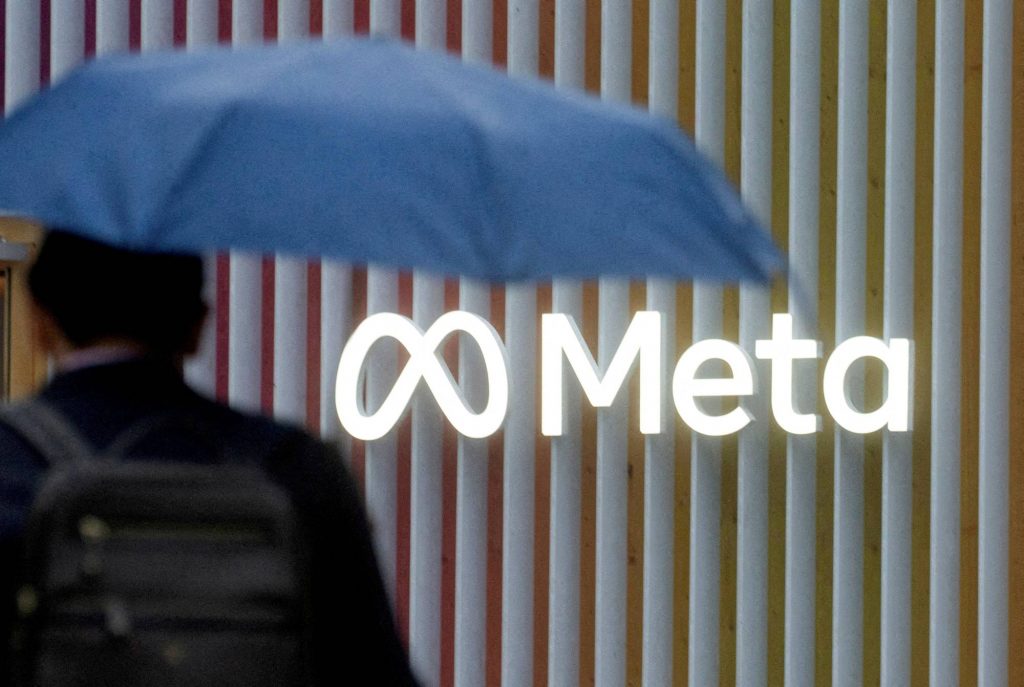Social networks and tech companies the world over are sending out gloomy information about mass layoffs and job cuts. This has already sent shockwaves among highly skilled workforce and aspiring youths, including thousands in India. Tech giants such as Twitter, Facebook and Amazon have drawn criticism for their thoughtless retrenchment in the face of recession fears. People have been sharing their ordeal and how the layoffs have impacted them. Faced with a global downturn, looming recession in the US economy and shooting interest rates across the West, Big Tech companies are in huge trouble.
It could also mean that even these massive tech companies have reached a stage where overall change is not required in leaps and bounds. This means developers and engineers are fast burning themselves out and are not needed anymore on a regular basis. Since sustenance of these monolith enterprises is possible without a huge workforce, great amount of employees will get laid off. This may also indicate that tech sector is a bubble and cannot be compared to primary sectors like agriculture, production and infrastructure. Bubble sectors get the most assistance from governments and investors whereas primary sectors suffer constantly. Although bubbles fetch in more wealth, they are short lived.
This week, Meta, that owns Facebook, WhatsApp and Instagram, declared it will sack 11,000 employees or more than 13 per cent of its staff. Last week, Twitter’s new owner, Elon Musk, announced retrenchment of 50 per cent of the workforce. In August, Snap, the parent firm of Snapchat, reduced staff by 20 per cent. Amazon has resorted to a hiring freeze, while the payments-processing platform Stripe is also shedding 14 per cent of its workers. A bleak winter is in store for the job market which may surpass even the joblessness caused by the COVID-19 pandemic in 2020.
During the past decade, Silicon Valley was flush with easy money as investors were desperate to benefit from the unprecedented boom in the sales of smartphones – the device that spawned millions of apps. Then the pandemic struck prompting billions of consumers to shop and socialise online. This was in a way a windfall for software businesses. As Mark Zuckerberg admitted this week, Meta was among those businesses that counted on this huge tide lasting forever. It enjoyed a financial boost during the pandemic lockdown era because more people stayed home and scrolled on their phones and computers. But as the lockdowns ended and people started going outside again, revenues began to falter.
An economic slowdown and a grim outlook for online advertising — by far Meta’s biggest revenue source — have contributed to its woes. This summer, Meta posted its first quarterly decline in history. Meta has worried investors by pumping in over $10 billion a year into the new technology called the Metaverse as it shifts its focus away from social media. Zuckerberg predicts the Metaverse, an immersive digital universe, will eventually replace smartphones as the primary way people use technology. However, Meta has lost more than 71 per cent of its value so far this year as investors were uncomfortable with investments in the Metaverse.
Besides Twitter and Meta, other tech companies such as Apple, Amazon and Alphabet have said they will freeze recruitment and implement job cuts amid inflation and fears of recession. There are reports that the companies are in a higher-risk environment for which they will shy away from spending to grow their businesses.
According to a Bloomberg report, the tech sector shed 9,587 jobs in October, the highest monthly total since November 2020. The total job cuts announced by US-based employers for the past month have also gone up by 13 per cent with 33,843 employees having been fired.
In such a scenario, industry leaders, governments and policymakers need to put their heads together and take steps to tackle the cost of living crisis that seems to plague all countries today.
